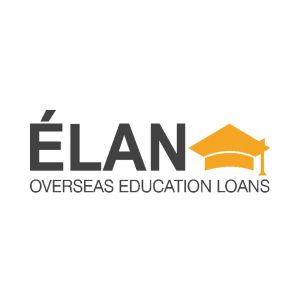Education Loan Vs Personal Loan for Studies AbroadPosted by Rita Biswas on September 16th, 2019
Aspiring to study abroad? Well, that’s a great decision as it’s going to open new academic avenues for you. Are you worried about the finances? You don’t have to be, as banks as well as NBFCs provide student loans for studying abroad which cover majority of the expenses for higher education overseas. You can surely opt for Personal Loans as well but opting for Educational Loans is comparatively much beneficial. Loan Amount: Which means that you can get the complete amount required for your higher education overseas only if you opt for an Education Loan and not through the Personal Loan. Loan Repayment Tenure: Interest Rate: Equated Monthly Instalment (EMI) Value: Tax Benefits: Moratorium Period: In Personal Loan, the borrower has to start the loan repayment immediately from the next month once the loan is disbursed, through EMIs unlike in Education Loan. The moratorium period for an Education Loan is the sum of the study period (1 – 2 years) plus job search period (6 months to 1 year depending on banks), i.e., the borrower will begin paying the EMI only after education and job search period is completed, thus making it convenient for the borrower. Processing Fees: So, what do you feel? Is it good to go for an Education Loan or a Personal Loan? Just in case you need further assistance for overseas education loan process you can visit Overseas Education Consultants who also provide end to end services for education loans. Don’t give up on your dream of studying abroad, go for it. All the best! Related URL: Smart Tips to Manage Your Overseas Education Loan Repayments Like it? Share it!More by this author |



